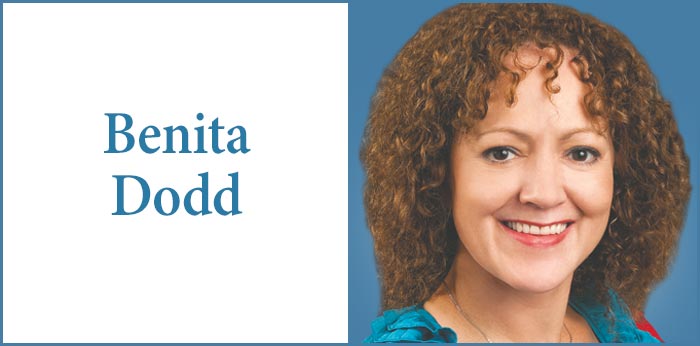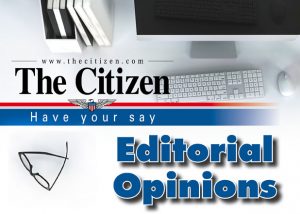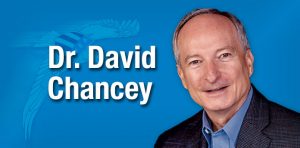The Georgia Public Policy Foundation, the state’s first free-market think tank, celebrated its 29th anniversary with a grand celebration January 28 at the Fox Theatre. As Foundation President Kyle Wingfield enthusiastically invited the 300 attendees to return next year to help mark three decades of policy over politics, not a single person in the room had an inkling of what was in store for Georgia in the weeks ahead.
Just a month ago, the Foundation was highlighting the comfortable cushion of the state’s record $3 billion rainy-day fund and urging legislators to keep their 2018 promise of a quarter-point reduction in Georgians’ income tax rate.
Fast forward to today. The novel coronavirus, COVID-19, has turned the state, the nation and the world on its collective head. Booming economies that only recently vaguely referenced an “overdue” recession are dealing with the shock and awe of a soaring infection rate, a silent stalker and an uncertain timeline. The economic plummet is unprecedented; the infection’s spread is exponential; and everything is on the table as governments work to stabilize and mitigate the effects.
During this public health emergency, it was encouraging to see a move the Foundation has long championed: Among the first of Georgia Gov. Brian Kemp’s executive orders was (temporary) removal of some of Georgia’s “certificate of need” requirements that restrict the expansion of healthcare facilities and services.
Another Foundation proposal, to expedite licensing of medical personnel (in good standing) from other states, was also implemented.
Telehealth – an area in which the state already is a national leader, also thanks in part to the Foundation’s proposals – has been a boon as Georgia tackles the pandemic. Legislation that took effect in July allows interstate telehealth consultations, and providers are making the most of this opportunity to familiarize patients with safer, affordable doctor-patient interactions in this time of “social distancing.”
For more short-term approaches, the Foundation marshaled its Senior Fellows and colleagues around the nation and compiled a list of policies that could be implemented quickly to ease the burden on providers, educators, businesses and families as the pandemic continues. The Issue Analysis, “Near-Term Proposals as Georgia Tackles COVID-19,” was released this week and is available by clicking here. It focuses on healthcare, education, fiscal policy, transportation and regulatory reforms.
Among the ideas:
As the patient count increases, the state should temporarily appropriate unused government buildings, underused hotels and facilities dedicated to elective surgical procedures. While hygienists, technicians and other medical professionals are underutilized as elective procedures are canceled, they can be re-deployed. Scope-of-practice improvements can divert some patients to pharmacists and nurse practitioners, for example.
The private sector has flexibility to meet supply-chain needs, including masks and ventilator production, while the research universities’ lab workers and facilities can help with COVID-19 test processing. Meanwhile, churches and charities can assist with childcare and other needs for frontline personnel.
With schools shuttered, the state Department of Education should develop and share best practices for online learning. Where internet access is lacking, districts can deploy school buses equipped with WiFi as mobile study halls.
On the fiscal front: For transit-dependent workers unable or unwilling to use mass transit, make taxis and ride-hail services affordable by eliminating sales taxes and fees. Offset lower state tax revenues and address state government’s liquidity concerns by implementing a one-day furlough for state employees.
In transportation, the state should give drivers leeway in license renewal and do more to accommodate commercial truck drivers as they work overtime to meet supply-chain needs.
On the regulatory front, nonprofits who wish to help feed the needy – with homemade sandwiches, for example – should not be encumbered. Georgians who wish to work from home should not face obstructive permitting processes if their job is no danger to public safety or encumbrance in a neighborhood.
Solutions need not come from the top down, of course. Much must be carried out by individuals exercising personal responsibility. But even as the state imposes restrictions because many Georgians ignored requests to maintain “social distancing,” it’s clear that much of the solution lies in the state stepping back instead of stepping forward.
[Benita M. Dodd is vice president of the Georgia Public Policy Foundation, an independent, nonprofit think tank that proposes market-oriented approaches to public policy to improve the lives of Georgians.]












Leave a Comment
You must be logged in to post a comment.